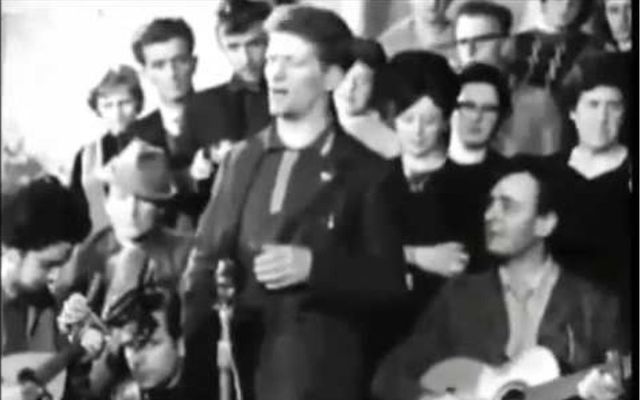This captivating moment in time, captured and aired by the BBC, offers a glimpse into the early career of a remarkable artist, the origin of a beloved song, and the vibrant atmosphere of the Fleadh Cheoil, in Clones, Co Monaghan.
Luke Kelly, born on November 17, 1940, was a towering figure in the Irish folk music scene. As a founding member of the iconic folk group The Dubliners, he left an indelible mark on the genre.
By 1964, when the Fleadh Cheoil performance took place, Kell was on the rise. His distinct voice, characterized by its rich timbre and emotional depth, resonated with audiences, turning him into a cherished figure within Ireland and beyond. He was known not only for his vocal prowess but also for his passion for social justice, which often found expression in his music.
"The Hot Asphalt" is a traditional Irish folk song, the origins of which can be traced back through generations of storytelling and musical tradition. The song humorously recounts the escapades of a group of Irish laborers traveling to London to work on the roads and the misadventures they encounter along the way. Its catchy melody and witty lyrics made it a favorite among folk enthusiasts and a staple of Irish music gatherings.
The song's widespread recognition can be attributed to The Dubliners' rendition, with Luke Kelly's magnetic voice giving it a new life.
Watch Luke Kelly sing "The Hot Asphalt," with Andy Irvine on the mandoline, at the Clones Fleadh Festival 1964:
And, check out a longer version of "The Hot Asphalt" by The Dubliners during a 1979 performance:
The Fleadh Cheoil na hÉireann, often simply referred to as Fleadh Cheoil, is an annual Irish music festival showcasing traditional music, song, and dance. In 1964, the event took place in Ennis, County Clare, and was a bustling hub of cultural exchange and celebration.




Comments